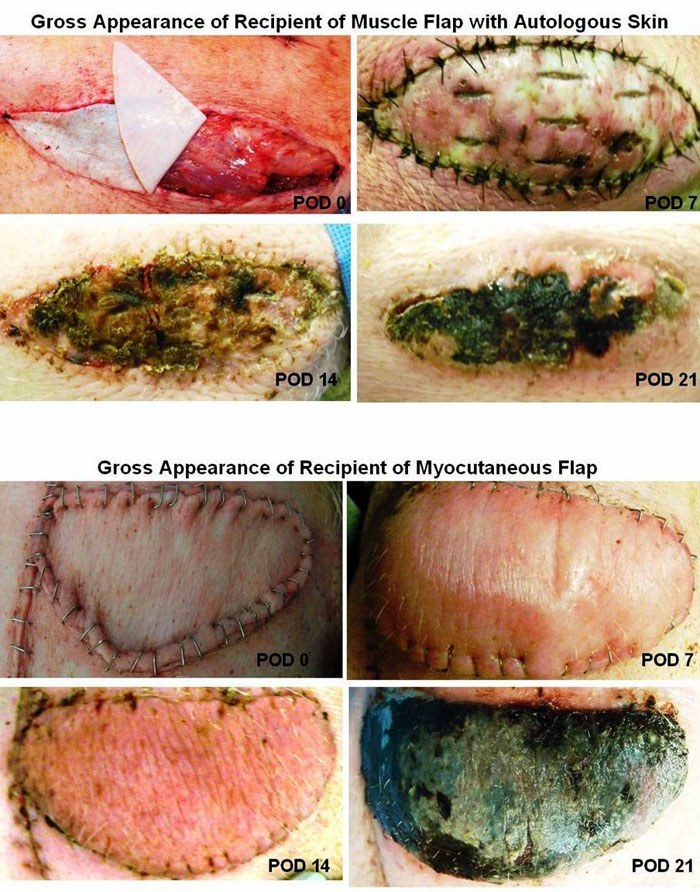2011 - 10th Meeting - IHCTAS
This page contains exclusive content for the member of the following sections: TTS, IHCTAS. Log in to view.
Joint Plenary V: Prope Tolerance and Award Session
15.6 - Tolerance Induction Strategies for Full MHC-Mismatched Composite Tissue Allografts in Swine
Presenter: Radbeh, Torabi, Boston, MA, USA
Authors: Radbeh Torabi, Joseph Scalea, Angelo Leto Barone, David Leonard, Brad Gillon, Taylor Cormack, Mark Randolph, David Sachs, Kazuhiko Yamada, Curtis Cetrulo Jr.
Radbeh Torabi1,2, Joseph Scalea2, Angelo Leto Barone1,2, David Leonard1,2, Brad Gillon2, Taylor Cormack2, Mark Randolph1,2, David Sachs2, Kazuhiko Yamada2, Curtis Cetrulo Jr.1,2.
1Department of Plastic Surgery, 2Transplantation Biology Research Center, Massachusetts General Hospital, Harvard Medical School, Boston, MA, USA.
Introduction: We have previously reported that a 12-day course of high dose FK506 uniformly facilitates the induction of tolerance to fully MHC mismatched kidneys in MGH miniature swine. However, this induction strategy has proven unsuccessful for cardiac allografts, likely due to peripheral tolerance-induction properties unique to the kidney. We investigated whether this protocol would allow tolerance of a gracilis myocutaneous free flap composite tissue allografts (CTA) across a full MHC mismatch.
Methods: MGH miniature swine received CTAs consisting of either a gracilis muscle flap and recipient autologous split-thickness skin graft (group I) or gracilis myocutaneous flap (group II). Infusion pumps were utilized to maintain FK506 levels at 35-80 ng/ml by continuous intravenous infusion which permits tolerance induction of full allogeneic kidneys. CTAs were examined daily and biopsies of skin and muscle were taken at days 14, 21 and at times of suspected rejection.
Results: Incipient clinical rejection with histologic evidence of mild interstitial cell infiltrate, was noted by PTD14, after cessation of FK506. CTAs in both groups demonstrated full clinical rejection of all tissue components by PTD 21. Histological examination of excised CTA grafts showed diffuse interstitial cell infiltrate and hemorrhages, indicating cellular and humoral rejection.
Conclusions: These data indicate that skeletal muscle allografts and myocutaneous flaps, like cardiac allografts, but unlike renal allografts, are not able to induce tolerance following high-dose calcineurin inhibition for 12 days across a full MHC mismatch. Further studies are underway in this model with increased duration of FK506, similar regimens in class I-disparate transplants, and regulatory-cell induction strategies.

Important Disclaimer
By viewing the material on this site you understand and accept that:
- The opinions and statements expressed on this site reflect the views of the author or authors and do not necessarily reflect those of The Transplantation Society and/or its Sections.
- The hosting of material on The Transplantation Society site does not signify endorsement of this material by The Transplantation Society and/or its Sections.
- The material is solely for educational purposes for qualified health care professionals.
- The Transplantation Society and/or its Sections are not liable for any decision made or action taken based on the information contained in the material on this site.
- The information cannot be used as a substitute for professional care.
- The information does not represent a standard of care.
- No physician-patient relationship is being established.
Contact
Address
The Transplantation Society
International Headquarters
740 Notre-Dame Ouest
Suite 1245
Montréal, QC, H3C 3X6
Canada
